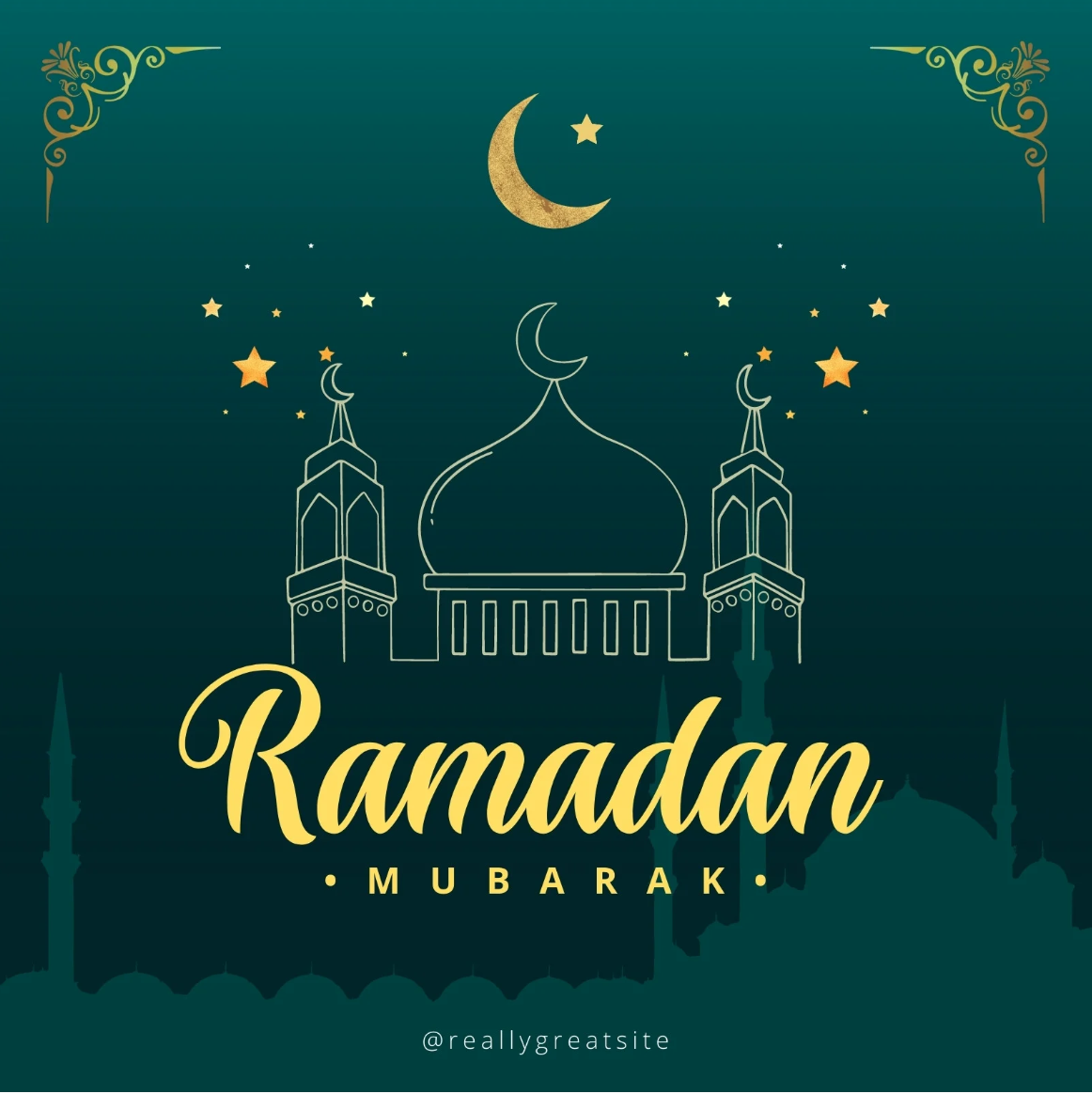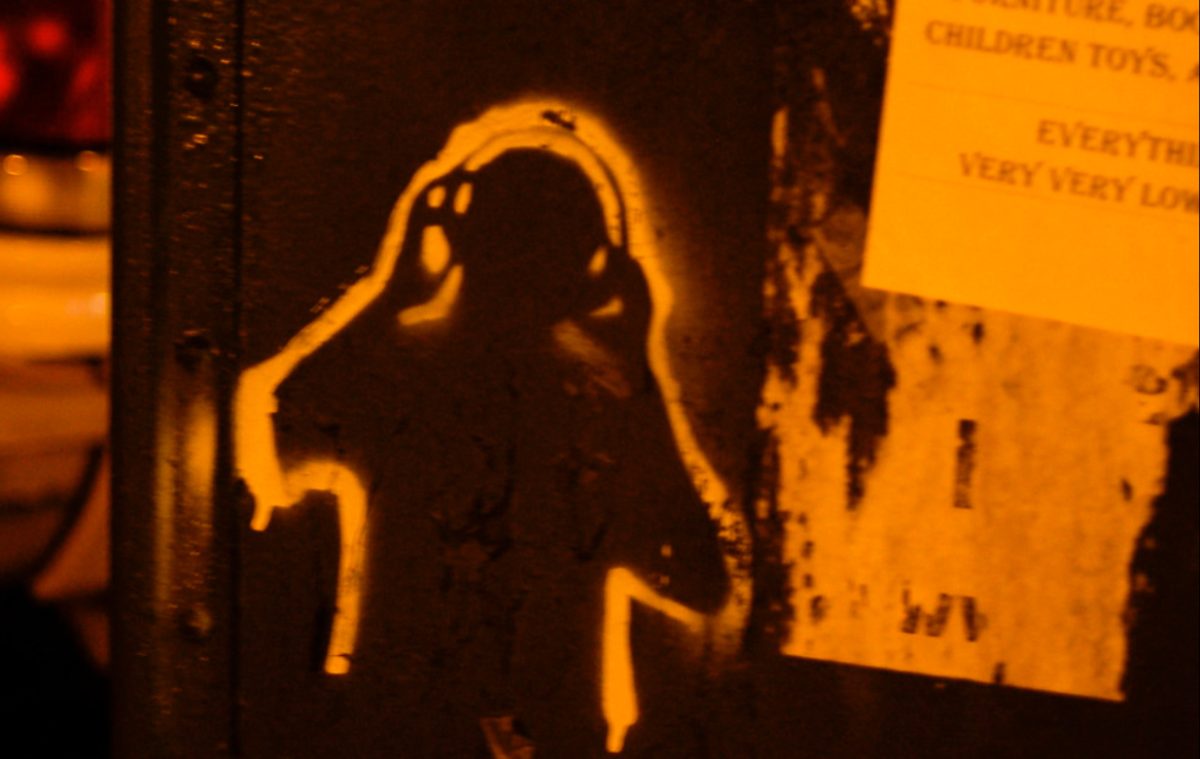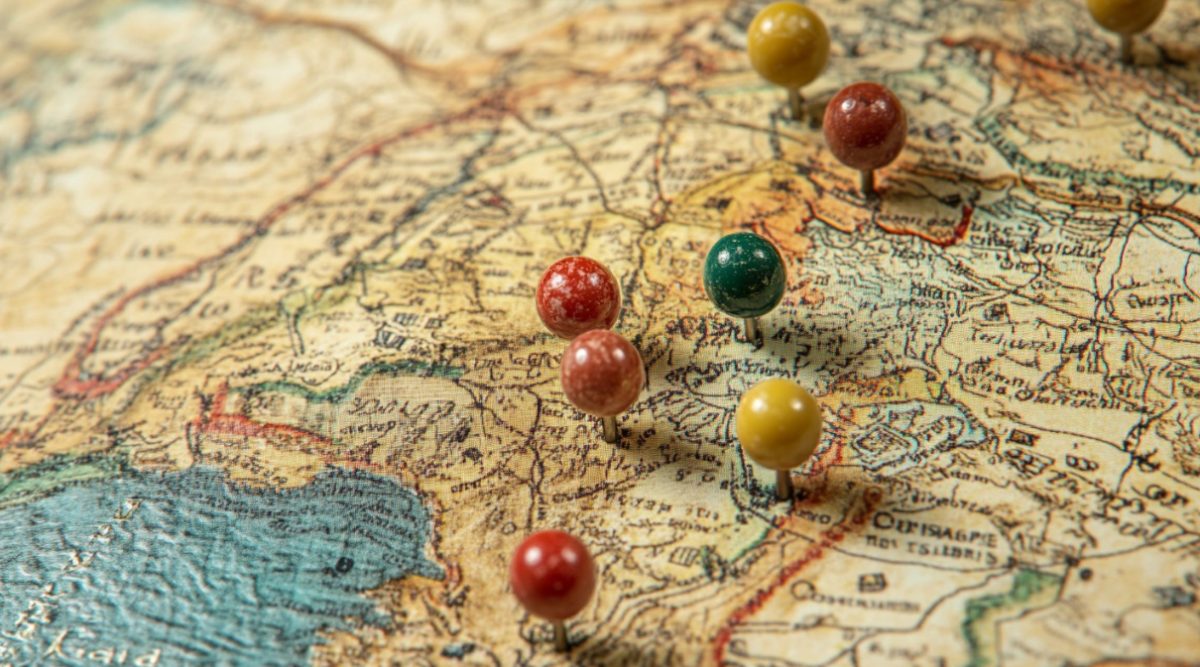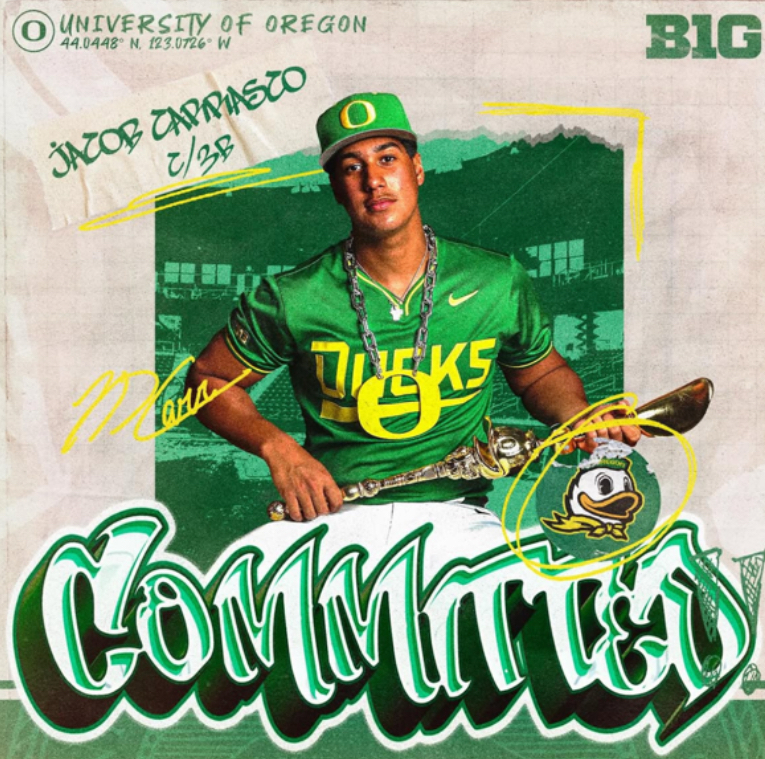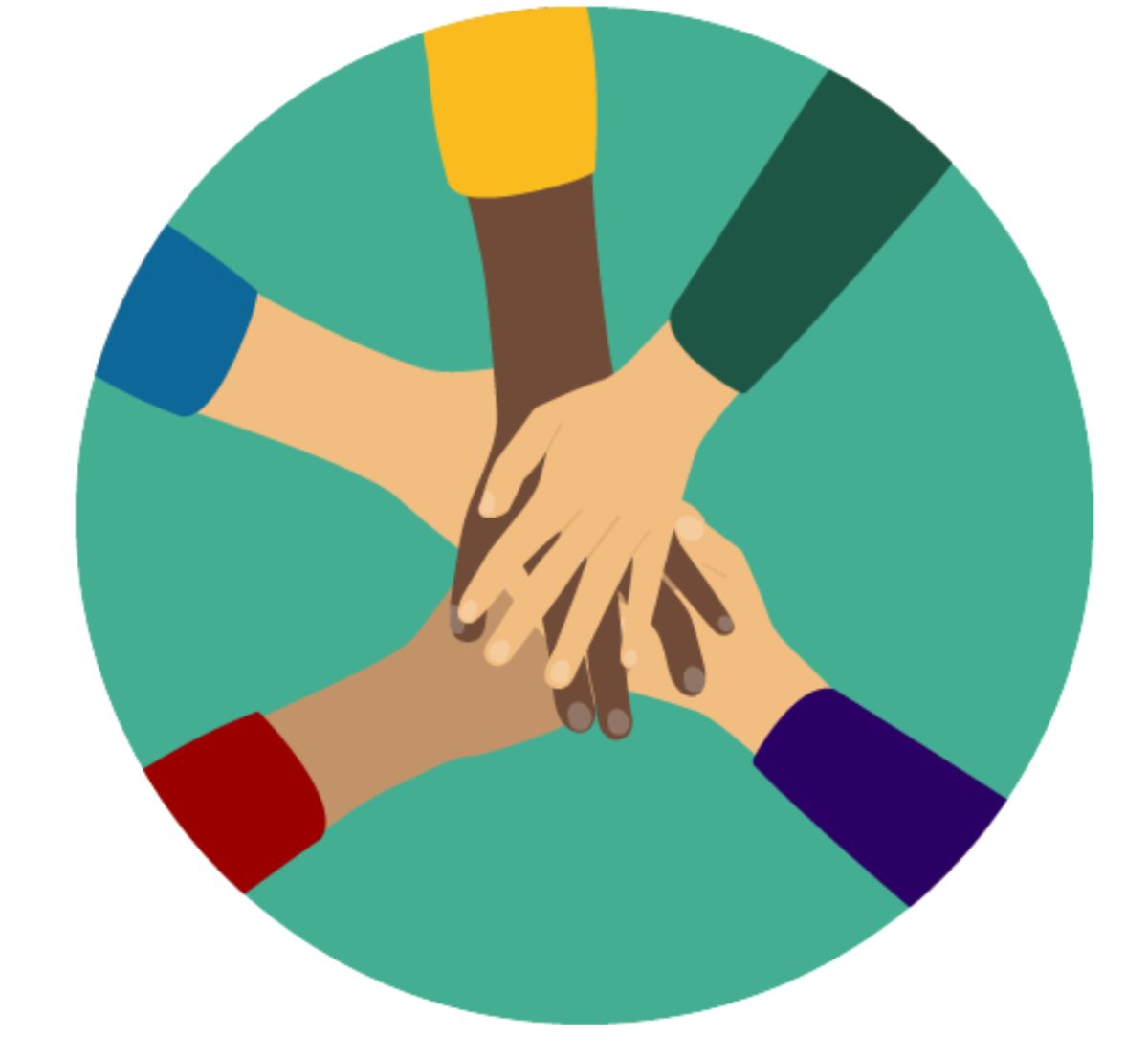What exactly is Ramadan and who celebrates it?
This year Ramadan began on the evening of March 10 and will end on April 9.
Ramadan is the ninth month of the Islamic calendar, which is also referred to as the lunar calendar or the Hijri. The term “Hijri” derives from the Arabic word “Hijra,” which marks the beginning of the Islamic Calendar when Prophet Muhammad fled from Mekkah to Medina. The Hijri consists of 12 months determined by moon sightings and only contains 354 days, making it 11 days shorter than the Gregorian calendar (the solar calendar used by most of the world). This difference is why each lunar month falls 11 days earlier during each year of the Gregorian calendar. This means that, unlike other notable days and holidays that fall on the same date every year, Ramadan could fall during any part of the Gregorian year. There is also sometimes a dispute between Muslim countries regarding when Ramadan actually occurs due to varying astronomical calculations and moon sightings.
Contrary to popular belief, Ramadan itself is not a holiday. It is rather a Muslim holy month for spiritual reflection and growth.
Mersalle Khaliqi, a junior at MT, described Ramadan as “spending more time praying and being conscious of your words and actions than spending time on unhealthy and addictive habits.”
During this month, it is believed that the gates of heaven are open while those of hell are closed, and it was also the month that the Quran (the holy book of Islam) was revealed, so Muslims devote time during Ramadan to read it as well.
Actions taken during Ramadan often include additional nightly prayers as well as fasting, which is the abstention from food, drink, and other physical needs. Muslims fast from sunrise to sunset during each day of Ramadan. They wake up early before sunrise for a pre-dawn meal called suhoor, and the meal when they break their fast at sunset is called iftar.
Moreover, the fasting hours get longer as Ramadan progresses since the sun rises earlier and sets later. For this reason, I personally prefer when Ramadan falls in the winter since the daylight hours are shorter, thus making fasting easier. Although the shortened hours may seem preferable, not all Muslims prefer the winter Ramadan.
Khaliqi prefers Ramadan in the summer since school doesn’t interfere with community gatherings and the social aspect of Ramadan. Junior Eyad Gomaa expressed similar feelings since during the summer it’s easier to take the time to visit distant relatives.
There are many students at MT, including myself, who practice Islam and fast during Ramadan, which can be hard when needing to prioritize school work as well. Personally, I found that fasting definitely takes a physical toll on me. Often after school, I’ll just want to take a nap and tell myself I’ll do my work after iftar since I get tired from waking up earlier for suhoor. Khaliqi expressed similar struggles with losing sleep and having to take off work.
I’ve also asked Muslims at MT how their non-Muslim friends react to the practices of Ramadan, such as fasting. Ansa Khan, a senior at MT, claimed that many people “receive it with sympathy” and that they view it as “an obligation instead of a conscious choice.” This is a common reaction since fasting can seem daunting at first by putting many restrictions on physical needs, and “not even water” became a common phrase used by Muslims and non-Muslims to emphasize the extremity of fasting. However, fasting is not intended as a negative thing and has many spiritual benefits such as increased self-restraint, a sense of gratitude, and empathy for the poor and hungry.
Ramadan culminates with the holiday Eid al-Fitr, which is Arabic for “festival of breaking the fast” and is a day of communal prayers and sharing meals with families and friends.


